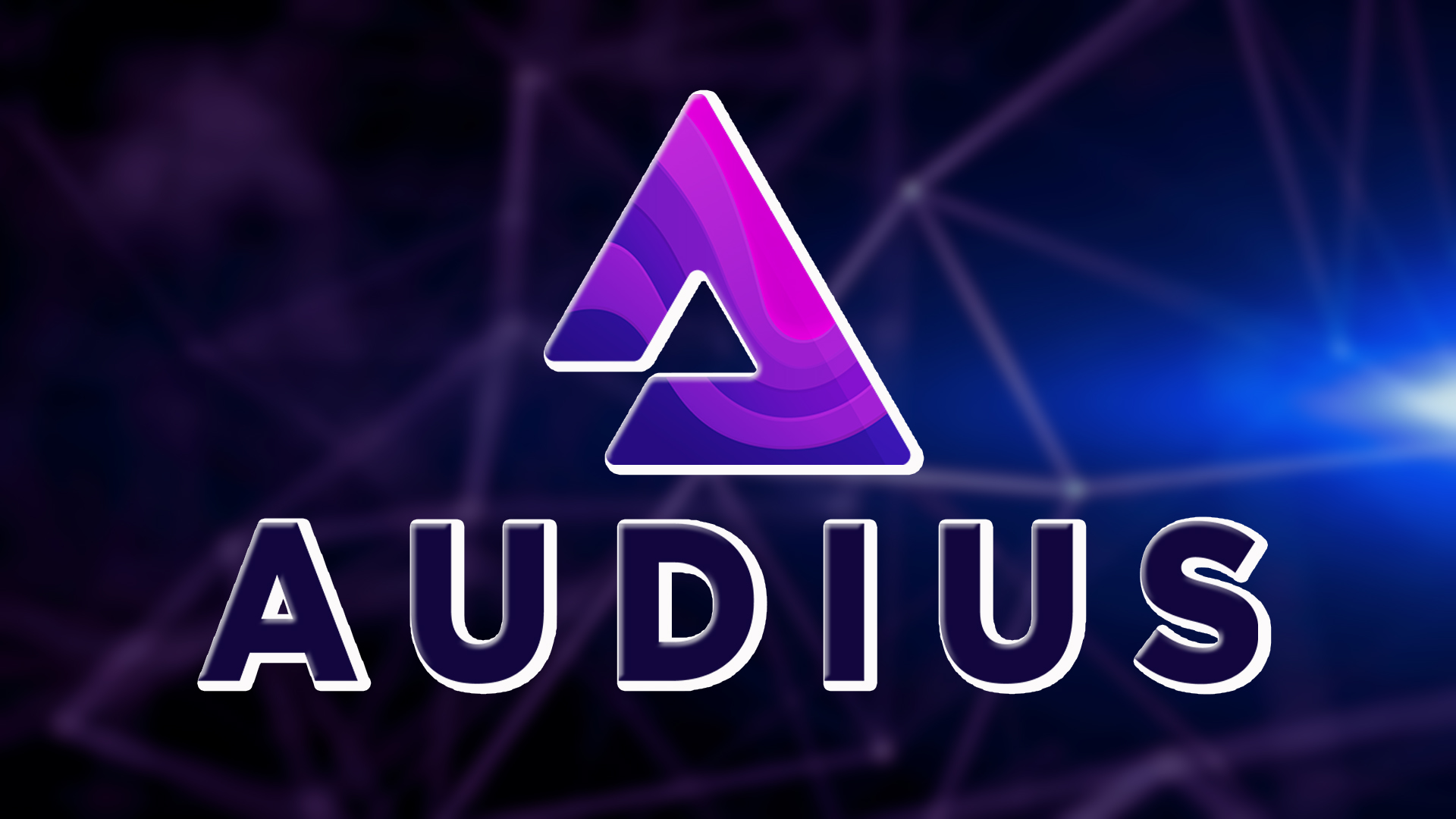
Understanding Audius– A Decentralized Music Streaming Platform
- Audius removes ‘middlemen’ between artists and fans, which allows the artist to have a closer relationship with their fans.
- The platform’s native token, ‘AUDIO,’ is used for rewarding artists as well as node operators.
What is Audius?
Audius was created by Roniel Rumburg and Forrest Browning to be a decentralized music streaming platform. The platform is designed for ease of hosting events for artists and ease of attending events for fans, without charging any fee or requiring artists to get associated with any music label.
Compared to other music streaming services, Audius allows budding artists to host music events and develop a following with fewer financial barriers. The platform also streams music from individual as well as represented artists on its app and web player.
The native token of Audius is AUDIO. It is an ERC-20 token that is used to pay artists for their music streamed and other events hosted on the platform. The tokenholders can stake their tokens in order to run nodes. Through this, they can earn a certain percentage of the fees collected from the network as well as enhance the probability of their music being discovered.
The AUDIO tokenholders can also unlock unique badges to gamify the platform and earn voting rights to govern the platform. The platform was initially built on Ethereum but was shifted to Solana because Ethereum couldn’t handle the rapid growth of its user base.
How Does Audius Work?
The Audius app is available on both mobile and desktop. Similar to traditional and centralized music platforms like Spotify, users can discover songs and artists, see what’s trending, and more. The platform allows artists to create their own dashboards with curated tracks, albums, etc. They can even showcase the NFT collections that they have created or collected.
Unlike centralized entities like Spotify, which control the streams on their platform, Audius employs content nodes from all around the world to regulate music streams on the platform.
These content nodes maintain copies of music files on various computers all around the world by using blockchain technology. These music files are accommodated on a decentralized filing system called AudSP, an InterPlanetary File System (IPFS)-based P2P filing system.
Additionally, the platform allows music artists to run their own content nodes in order to get more control over their music, even allowing artists to give access to their music to a select group of individuals. Besides this, artists can allow Audius to select nodes that can host their music on their behalf, which will make the platform censorship-proof and resilient.
Nodes are paid in the form of the platform’s native token, ‘AUDIO,’ for their services. They are rewarded from the yearly issuance of AUDIO, currently, it is set at 7%. Their earning is not limited to this; they also earn aggregated pool fees through their registered node with an active stake.
Audius rewards its artists in the form of AUDIO. It is done when an artist’s track is trending on the ‘Top 5 weekly trending tracks’ or ‘Top 5 weekly trending playlists.’ Moreover, artists can earn additional tokens by transferring their verified Instagram or Twitter account to Audius and uploading their first track through that account.
Audius allows AUDIO tokenholders, irrespective of listeners or artists, to take part in the platform’s governance protocol while allowing users to give their ideas on the protocol’s operations.
